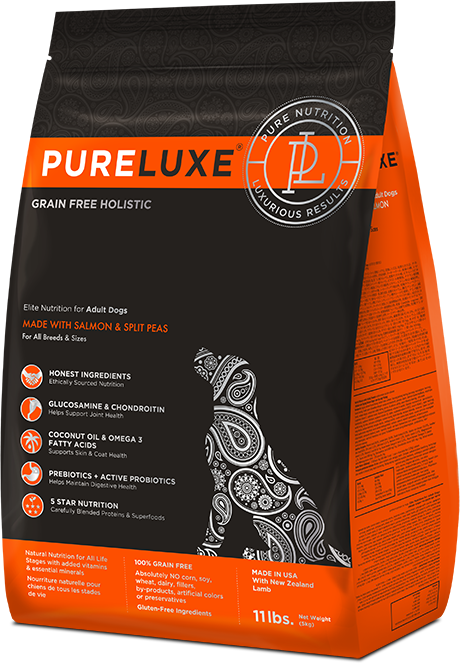Omega-3 fatty acids are essential for keeping our furry companions heal
Omega-3 fatty acids are essential for keeping our furry companions healthy. They play a vital role in many bodily functions, promoting everything from a shiny coat to a sharp mind. As pet owners, we want to ensure our pets get the best nutrition, and that includes an adequate amount of omega-3s. So, how do omega-3s benefit our pets, and what should we look for in their food?
The Power of Omega-3s
There are two main types of omega-3s important for pets: EPA and DHA. These fatty acids contribute to a variety of health benefits, including:
- Skin and Coat Health: Omega-3s can help reduce itching and dryness, promoting a healthy, lustrous coat.
- Joint Health: They may ease joint pain and inflammation associated with arthritis.
- Cognitive Function: Omega-3s are crucial for brain development and function, potentially supporting memory and learning in older pets.
- Immune System Support: They may help regulate the immune system, potentially reducing allergies and sensitivities.
Sources of Omega-3s in Pet Food
There are two primary sources of omega-3s in pet food:
- Fish Oil: This is the richest source of EPA and DHA, commonly derived from fatty fish like salmon, herring, and mackerel.
- Plant-Based Sources: Flaxseed, chia seeds, and walnuts contain an omega-3 called ALA.
Choosing an Omega-3-Rich Pet Food
When selecting pet food, look for the following:
- Ingredient List: Look for fish or fish oil listed near the top of the ingredients list, indicating a higher content.
- Specific Types of Omega-3s: Ensure EPA and DHA are mentioned, not just generic “omega-3 fatty acids.”
- AAFCO Statement: The Association of American Feed Control Officials (AAFCO) ensures pet food meets nutritional standards. Look for an AAFCO statement confirming the food is complete and balanced.
Consulting Your Veterinarian
While omega-3s are generally beneficial, it’s always wise to consult your veterinarian before switching your pet’s food. They can advise on the appropriate amount of omega-3s based on your pet’s age, breed, and overall health.
By understanding the importance of omega-3s and making informed choices about pet food, you can help your furry friend live a long and healthy life.




















